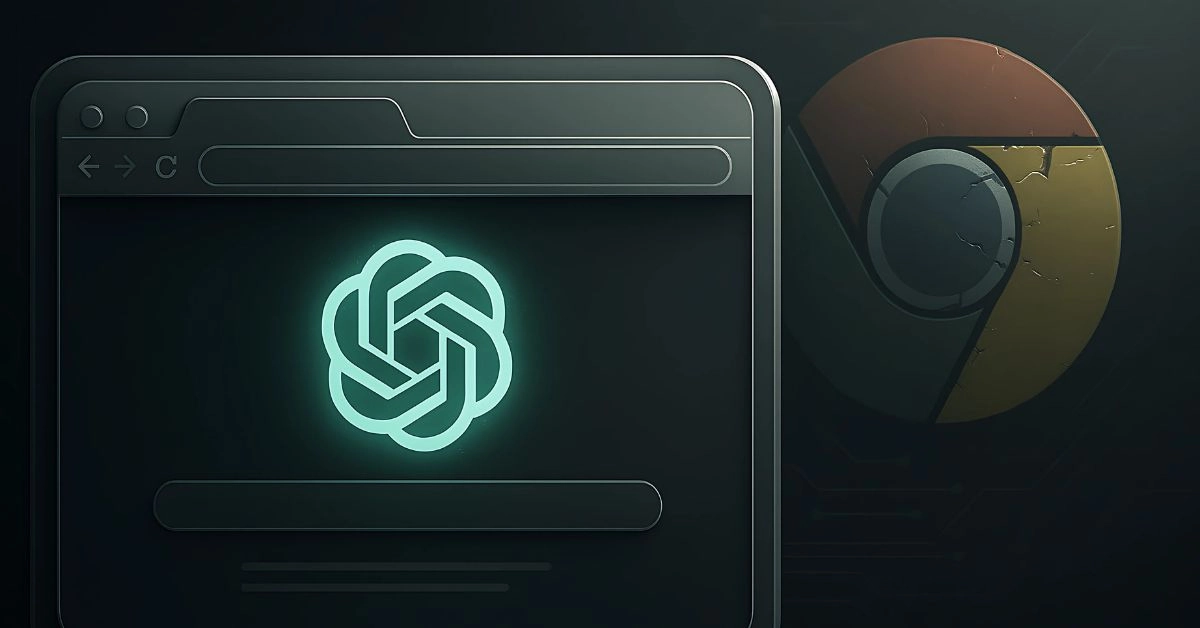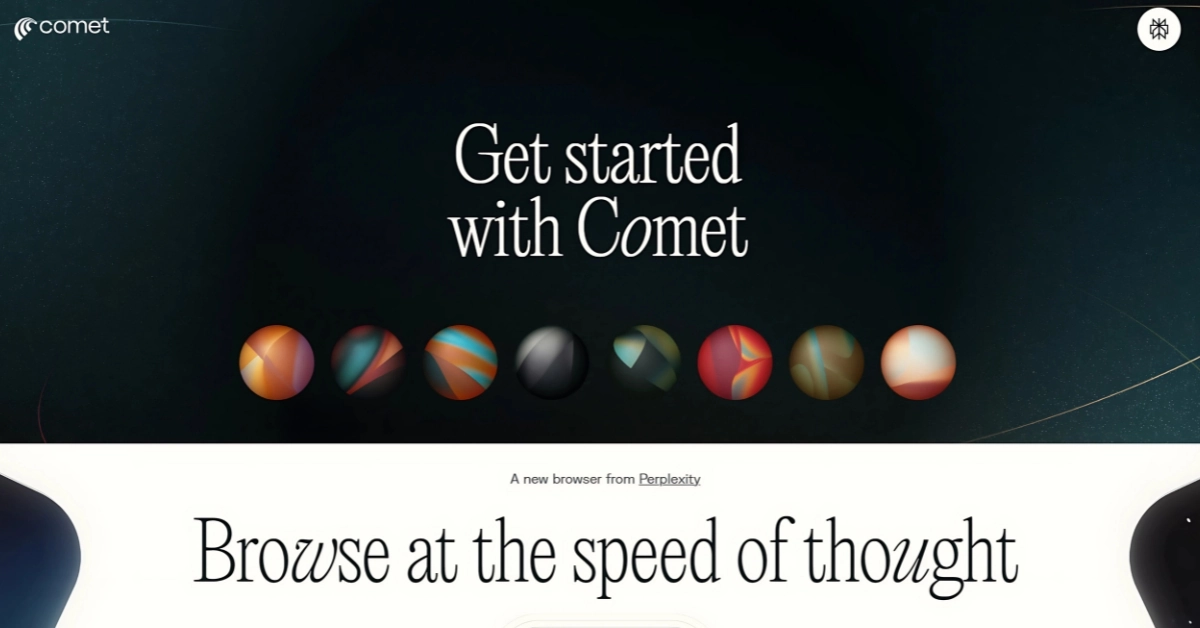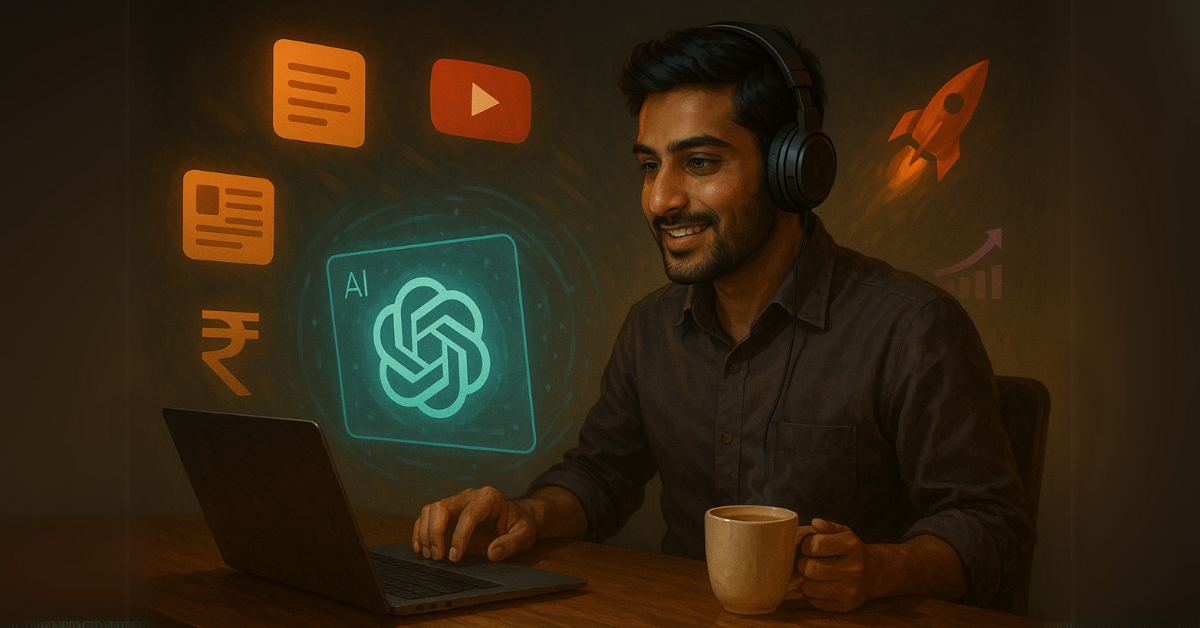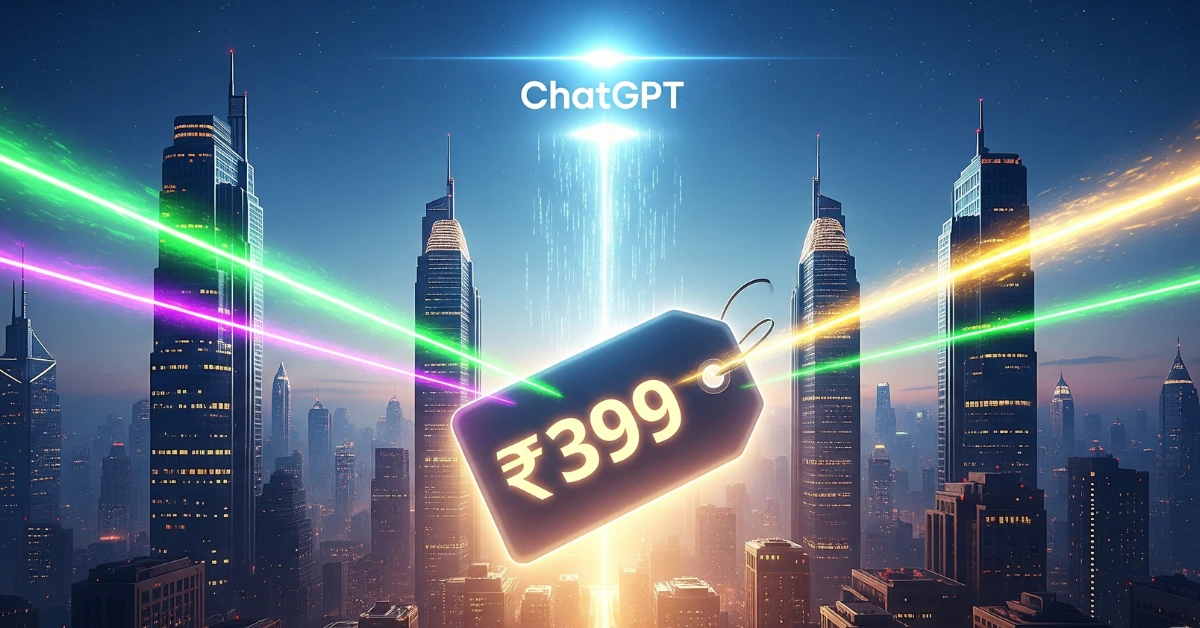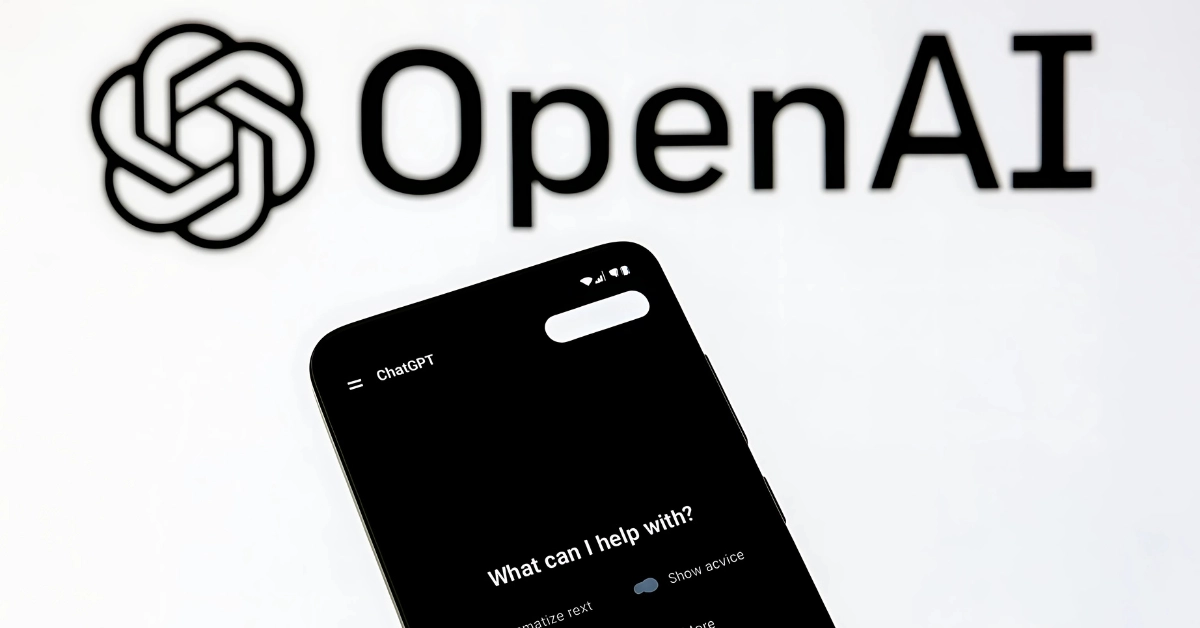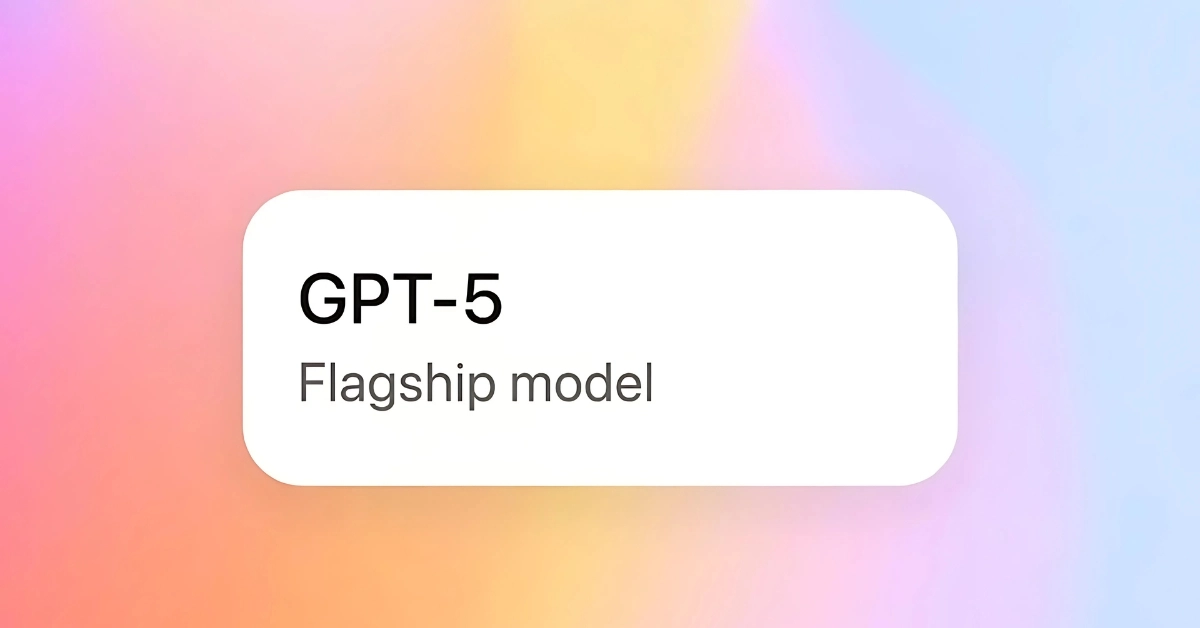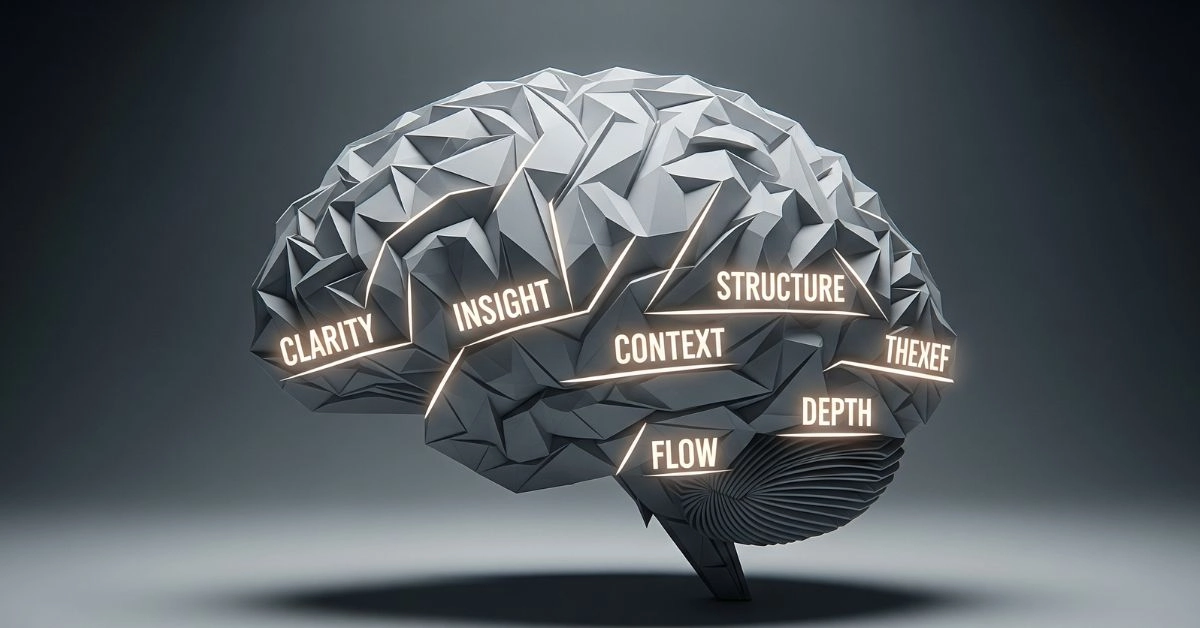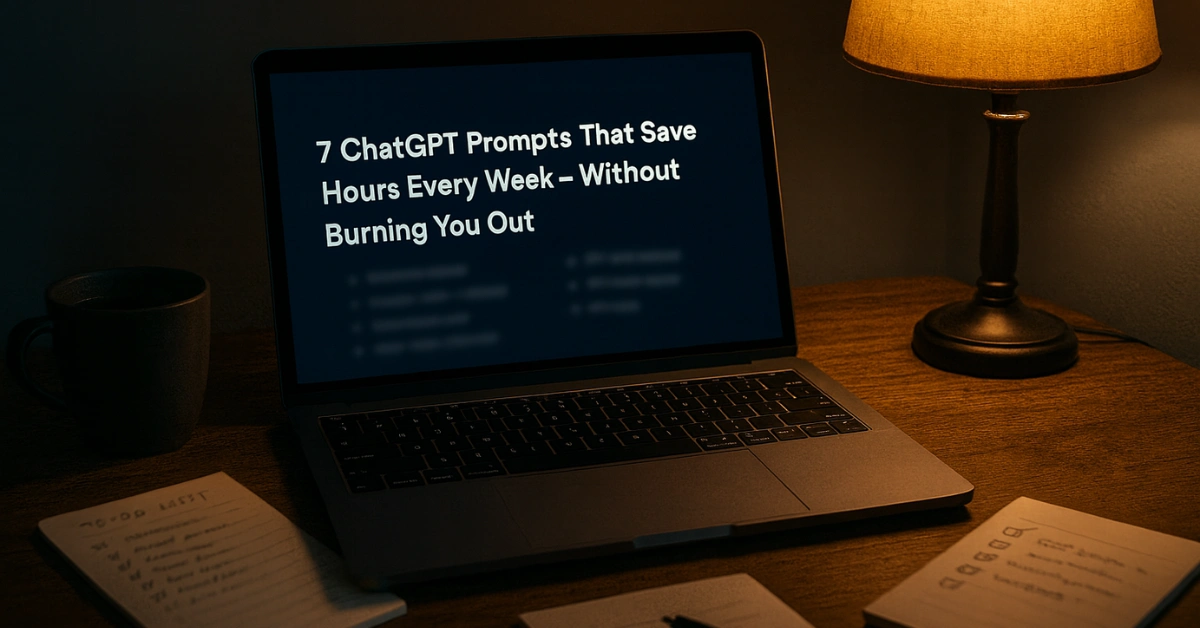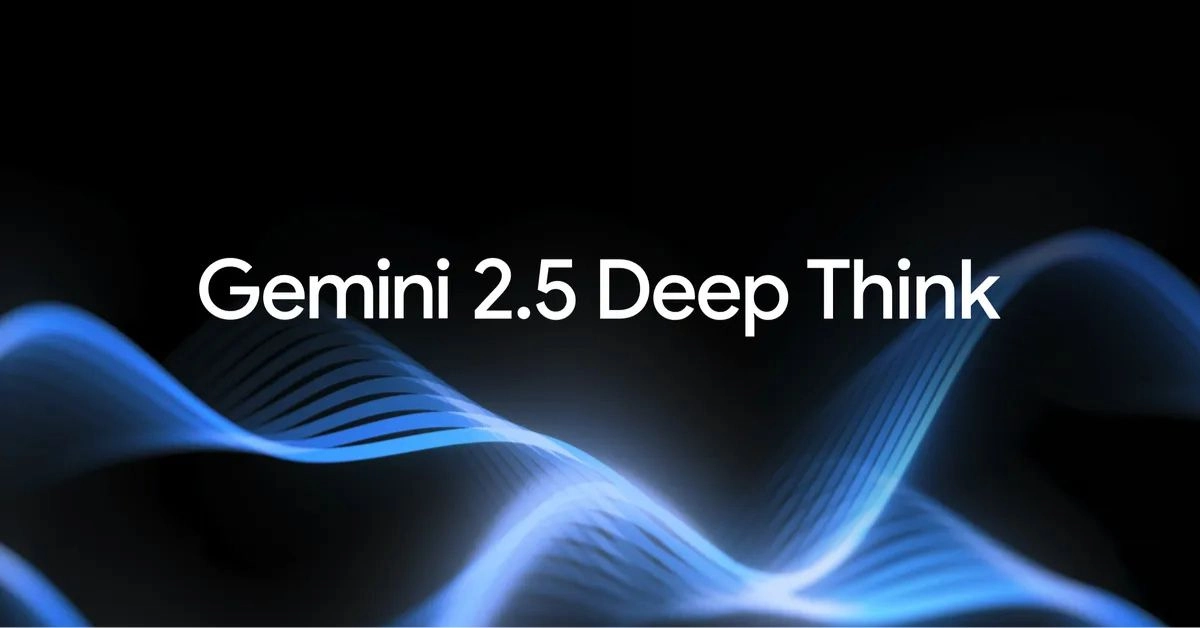Written by Mohit Singhania | Updated: July 10, 2025 | TechMasala.in
OpenAI is no longer just the company that makes smart chatbots. It’s now building the place where those bots live and work. Within weeks, OpenAI will launch its own AI-powered web browser, designed to change everything you know about surfing the internet. You won’t be clicking tabs or scrolling through ten websites. You’ll be asking, and the browser will act.
What looks like just another Chromium-based browser on the surface is actually a bold move. It goes straight after Google’s most powerful asset: the Chrome browser, and the billions of data points it quietly collects. Backed by 500 million weekly ChatGPT users, this could be the biggest shift in how the internet works since the search engine boom itself.
OpenAI’s Browser Isn’t Just a Chrome Rival. It’s a New Way to Use the Web
At first glance, OpenAI’s browser might seem like yet another Chrome alternative. It’s built on Chromium, just like Chrome, Edge, and Brave. But what OpenAI is doing here isn’t about adding new tabs or tweaking layout settings. It’s trying to rethink the browser itself.
You won’t be typing into a search bar or juggling multiple tabs. From the moment you open it, you’ll be talking to it. A ChatGPT-style assistant will be right there, ready to understand what you need and do something about it. Want to compare products, draft an email, or check your train status? You’ll just ask, and it will get to work.
No more clicking around or hopping across five websites. The browser listens, thinks, and acts, all in one place. It’s not just a tool anymore. It’s your first digital teammate.
Say you want to write a leave application, find the best credit card in India, or compare phones under ₹20,000. You won’t need to open five sites. Just ask. The browser will search, analyze, and even fill in forms for you, all within the same window.
This isn’t about convenience. It’s about reshaping the web experience. And for Google, which still makes money from every click, every scroll, and every search, it’s a serious challenge.
From Search to Action: What Makes This Browser Actually Smart
At the heart of this browser is Operator, OpenAI’s powerful AI agent that doesn’t just talk—it takes action. Unlike regular chatbots, Operator is designed to behave like a digital assistant that lives inside your browser. It can book appointments, fill out forms, message people, or navigate websites for you in real time.
Picture this. You want to book a table at a restaurant in Mumbai. Normally, you’d Google the place, open the site, search for availability, and type out your details. With Operator, you just say: “Book a table at Bastian this Friday, 8 PM, two people.” And it gets done without opening a single tab.
Dealing with a 40-page PDF report at work? Ask the browser to pull out key insights, translate complex sections, or even write your email summary to the boss. You stay focused while it does the heavy lifting.
This isn’t just a smarter search bar. It’s a new kind of assistant that turns your browser from a tool into a teammate. For the average user in India who deals with government portals, school websites, or railway bookings, this kind of automation could be life-changing.
This Is About Data, Not Just UX: OpenAI’s Power Move
At first glance, it might seem like OpenAI is simply upgrading how we browse. But the real reason behind building its own browser goes much deeper. It’s about owning the data.
To train its future AI models, OpenAI needs fresh, real-world input from users across the globe. Right now, it gets that through ChatGPT chats, public data, and licensed sources. But that’s not enough. What it really needs is the kind of real-time behavioral data that only a browser can collect.
A browser sees everything. What you search. Where you click. How long you stay. What you buy on Flipkart or how you pay your electricity bill online. It’s a direct stream of human behavior, and Google has been tapping into it through Chrome for years. OpenAI is now preparing to do the same, but on its own terms.
By choosing to build a full browser instead of a plug-in, OpenAI gets full control over what it sees and learns. That means its AI can respond faster, become more personalized, and stay updated as internet habits evolve. For Indian users especially, where preferences and languages shift fast, this kind of data-rich AI adaptation could make tools like ChatGPT far more useful in daily life.
This isn’t a UX upgrade. It’s a strategic play to own the interface, the assistant, and the learning loop, all at once.
Can OpenAI Really Hurt Chrome? The Numbers Say Maybe
Let’s not underestimate what OpenAI is up against. Google Chrome rules the web, with over 3.4 billion users and more than 70 percent of the global market. It’s so dominant that most people don’t even think about which browser they’re using. It’s just there.
ChatGPT, in comparison, has around 500 million weekly active users. It’s a smaller base, but it’s highly engaged. These are users who are already comfortable with AI, already used to asking instead of searching. If just 10 percent of them switch to OpenAI’s browser, that’s 50 million people choosing a new gateway to the web.
And that’s not just a dent in Google’s pride. It’s a direct hit to its business model. Chrome is one of Google’s most important data pipelines, feeding its massive ad-targeting engine. That engine brings in over 70 percent of Alphabet’s total revenue. If Chrome’s grip loosens, Google bleeds.
The timing also matters. Google is already under antitrust pressure in the US, with regulators arguing that it holds an illegal monopoly over search and advertising. If courts force a breakup, OpenAI has already said it would be interested in buying Chrome.
So this isn’t just a feature war. It’s a high-stakes power struggle over who controls how the internet works—and who profits from what you do online.
Perplexity, Brave, Arc: Other AI Browsers Are Rising Too
OpenAI might be grabbing headlines, but it’s not alone in this new wave of AI browsers.
Just this month, Perplexity AI launched Comet, an experimental browser that can summarize content and take action across websites. Brave has been quietly adding AI-powered summaries and search enhancements while keeping its focus on privacy. Over in the US, Arc from The Browser Company is trying to rethink tab management and workflows with built-in intelligence.
But here’s the difference. None of them have what OpenAI already has. It’s not just about features. OpenAI brings scale, reputation, and reach. With ChatGPT already used by millions in India, from college students to small business owners, its browser won’t need to beg for attention. It comes preloaded with trust.
While other browsers are layering AI on top of the web, OpenAI is designing the entire experience around AI from the ground up. That gives it a head start not just in functionality, but in changing how people actually think about browsing.
Final Thoughts: The Internet Might Never Be the Same Again
Most people never think about their browser. It’s just the tool we open to get to the real stuff like news, videos, bills, and shopping. It’s background noise in our digital life.
And maybe that’s exactly why OpenAI’s browser matters so much. It’s turning that quiet tool into something active. Something smart. Something that works with you, not just for you.
In a country like India, where users juggle UPI payments, job forms, government sites, and dozens of apps every day, the idea of a browser that listens and acts could be a game-changer. It’s not just about saving time. It’s about making tech feel human.
No, Chrome won’t disappear overnight. But the way we interact with the internet might. We’re entering a future where we don’t just search and scroll. We ask, and things get done.
And in that world, the browser that wins won’t be the fastest or the flashiest. It will be the one that understands you best.

